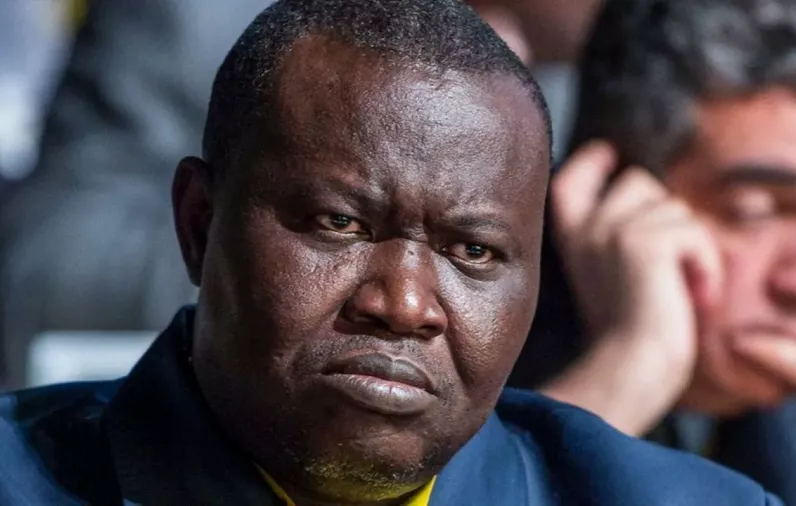On 24 July 2025, the International Criminal Court (ICC) delivered its historic verdict in The Prosecutor v. Alfred Yekatom & Patrice‑Edouard Ngaïssona during a public hearing in The Hague. This case marks the ICC’s first conviction of anti‑Balaka militia leaders for serious crimes committed in connection with violence between late 2013 and early 2014.
Key Findings:
- Patrice‑Edouard Ngaïssona, a former football federation president, was convicted on 28 counts of war crimes and crimes against humanity, including murder, torture, persecution, deportation, and attacks on religious buildings. He was sentenced to 12 years in prison.
- Alfred Yekatom, also known as “Rambo”, commanded around 3,000 anti‑Balaka fighters and was convicted on 20 counts involving atrocities such as persecution, torture, murder, and forced displacement. He received a 15-year prison sentence.
Both men denied all charges at the trial’s outset in 2021. The court acquitted Ngaïssona of rape charges and Yekatom of child soldier conscription charges.
Atrocities and Command Responsibility
After the Seleka rebels, a largely Muslim coalition, seized power and ousted President François Bozizé in March 2013, anti‑Balaka militias—mostly Christian—launched brutal reprisals, targeting Muslim civilians across Bangui and central regions of CAR. The violence resulted in thousands of deaths, widespread displacement, and the destruction of mosques, homes, and shops.
- Ngaïssona, once a sports minister and CAF board member, is accused of funding, organizing, and coordinating these attacks nationally.
- Yekatom, a former corporal-chef in the national army turned militia leader, orchestrated field operations. One documented atrocity involved the torture and mutilation of a Muslim man: fingers, toes, and an ear were severed before the body disappeared.
Long Road to Justice
- The trial began on 16 February 2021, spanning nearly four years, hearing testimony from more than 170 witnesses and reviewing about 20,000 pieces of evidence.
- Procedures included a confirmation hearing in late 2019, closing statements by December 2024, and sentencing submissions just before the verdict delivery in July 2025.
The ICC began investigating the CAR crisis in May 2014. Yekatom was arrested in CAR and transferred to the court in November 2018, while Ngaïssona was arrested in France in December 2018 and appeared before the ICC in January 2019.
Broader Impact & Unfinished Business
- According to Human Rights Watch, the convictions mark a key milestone but also underscore a persistent accountability gap—emphasizing that many perpetrators remain unpunished, and victims still await reparations.
- The trial of Seleka commander Mahamat Said Abdel Kani is ongoing at the ICC. Meanwhile, a special national court in CAR is preparing trials against Edmond Beïna and five others for anti‑Balaka massacres in early 2014.
Fragile Peace Amid Justice
The verdict arrives as the CAR enters a fragile phase toward stability. Anti‑Balaka and Seleka factions remain active in parts of the country, though two major rebel groups recently agreed to dissolve in July 2025.
While the convictions provide a measure of redress, thousands of Muslim victims—many of whom endured torture, forcible displacement, and sexual violence—await broader national and international accountability. International observers have urged continued support to both the ICC and the CAR’s Special Criminal Court to ensure sustainable justice and reconciliation.
What Happens Next?
- The verdict allows for appeals by defense and prosecution, as prescribed under ICC procedures.
- The court is expected to outline next steps for reparations and victim notification.
- Civil society groups in CAR have emphasized the need for this judgment to be transmitted to affected communities to restore trust and enable healing.
- The convictions of Yekatom and Ngaïssona by the ICC send a powerful message: even high‑ranking militia leaders can be held accountable for orchestrated violence. Yet lasting justice in CAR will require further trials, reparations, and international backing to help communities recover from intercommunal trauma.
